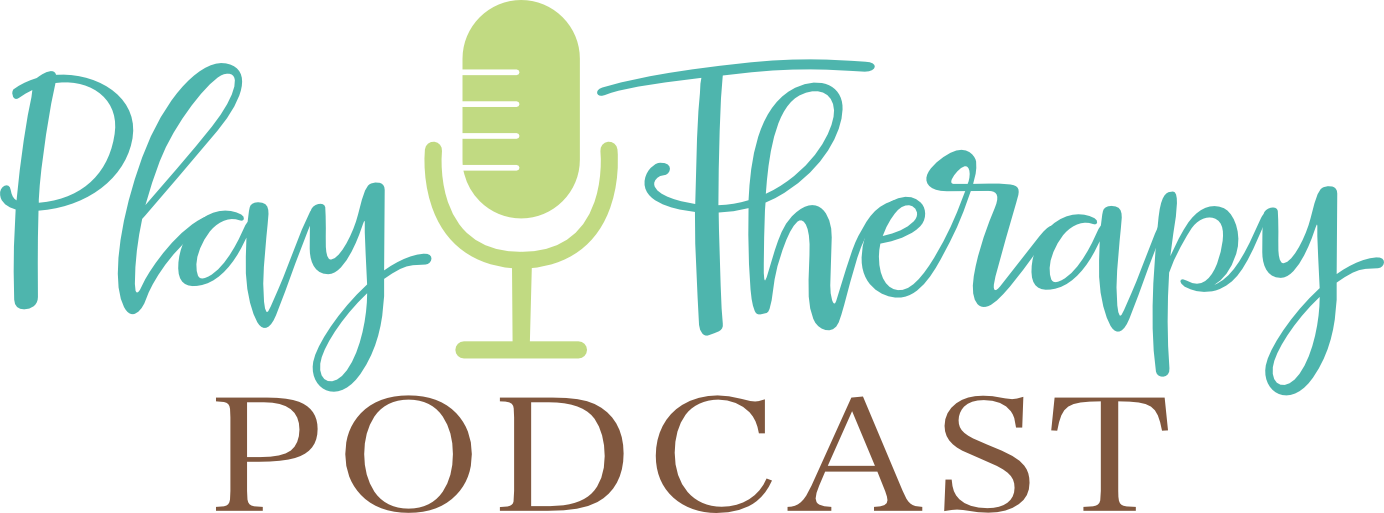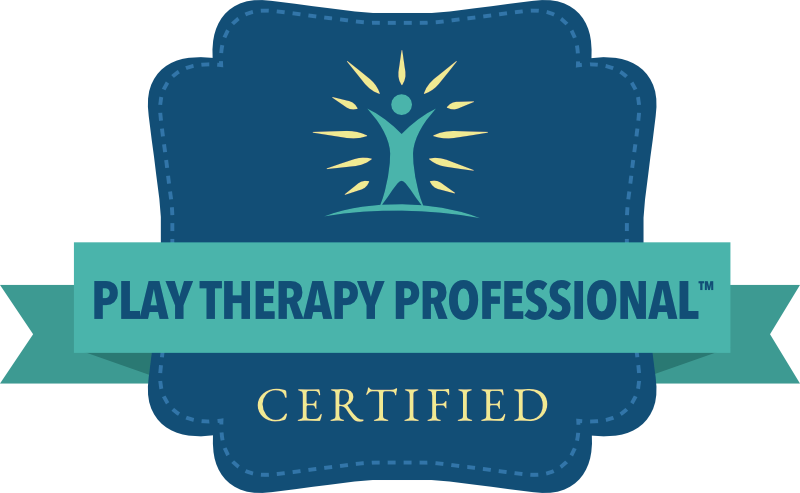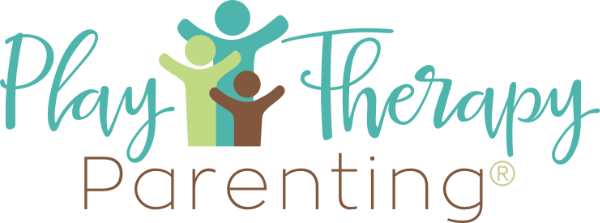When Kids Don’t Play: Screen Time or Something Else?
In this episode of the Play Therapy Podcast, I answer a question from Kira in Texas about children who come into the playroom and do not play. Kira wonders if this behavior could be related to excessive screen use, a topic that resonates deeply with me. While screen time is likely a contributing factor, I explain that there are many other reasons why a child may not engage in play during sessions. High levels of anxiety, learned helplessness, or a lack of creativity and imagination could all contribute to a child’s hesitancy to play.
I emphasize the importance of reflecting the child’s feelings, returning responsibility for the play choices to them, and being patient. Children often need time to warm up, especially when they feel anxious or uncertain in a new environment. Over time, every child will eventually engage in play at their own pace. Trusting the child, the process, and allowing them the freedom to choose how and when they play are key principles in child-centered play therapy.
If you would like to ask me questions directly, check out www.ccptcollective.com, where I host two weekly Zoom calls filled with advanced CCPT case studies and session reviews, as well as member Q&A. You can take advantage of the two-week free trial to see if the CCPT Collective is right for you.
Ask Me Questions: Call (813) 812-5525, or email: [email protected]
Brenna’s CCPT Hub: https://www.playtherapynow.com
CCPT Collective (online community exclusively for CCPTs): https://www.ccptcollective.com
Podcast HQ: https://www.playtherapypodcast.com
APT Approved Play Therapy CE courses: https://childcenteredtraining.com
Twitter: @thekidcounselor https://twitter.com/thekidcounselor
Facebook: https://facebook.com/playtherapypodcast








